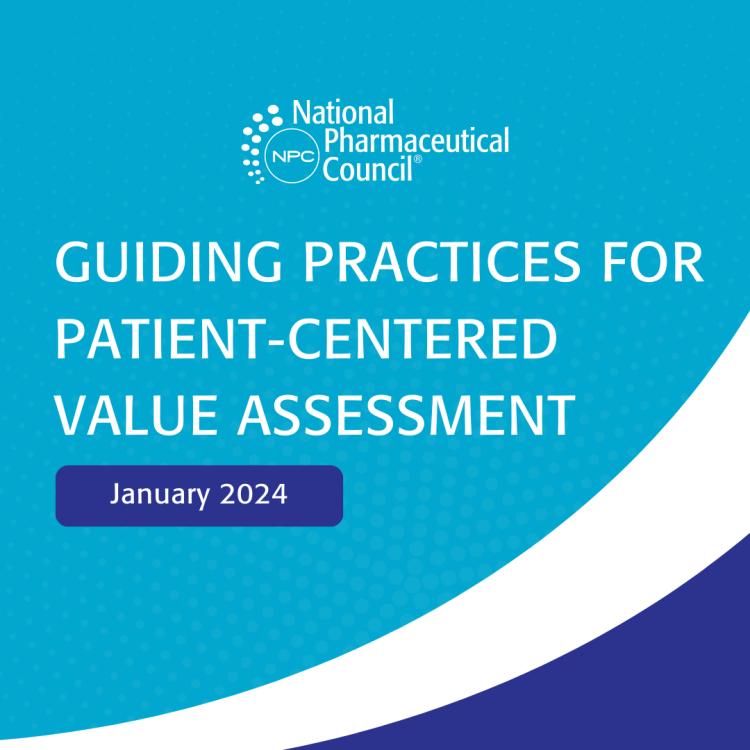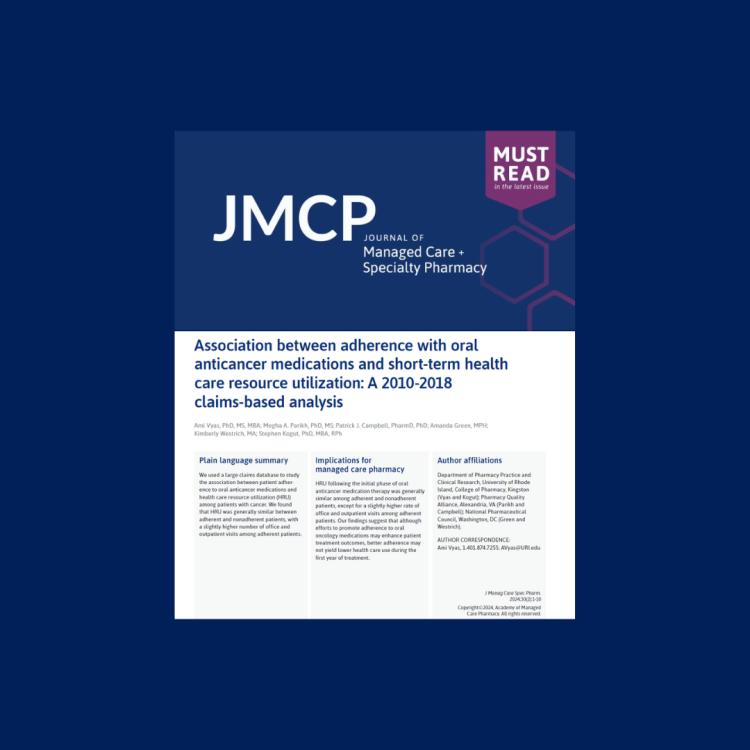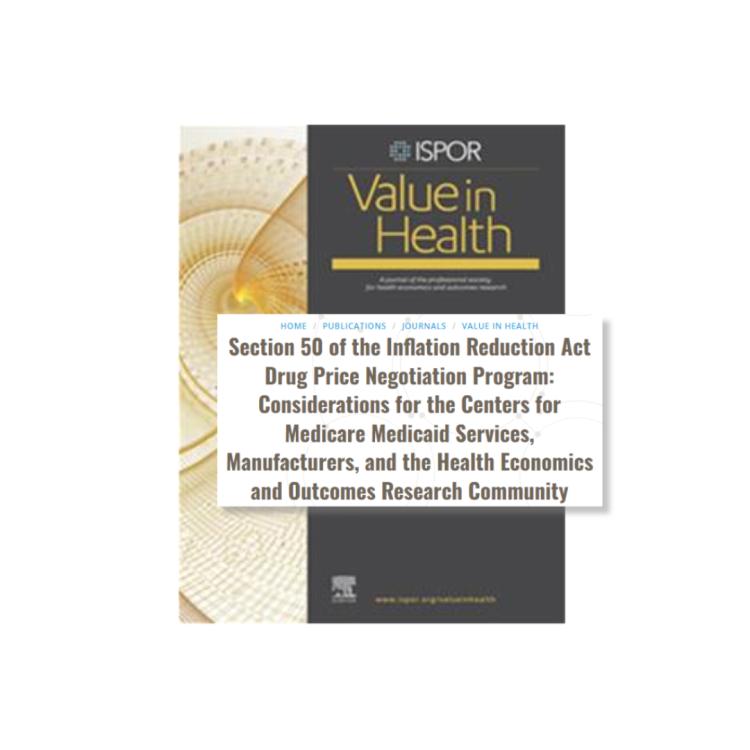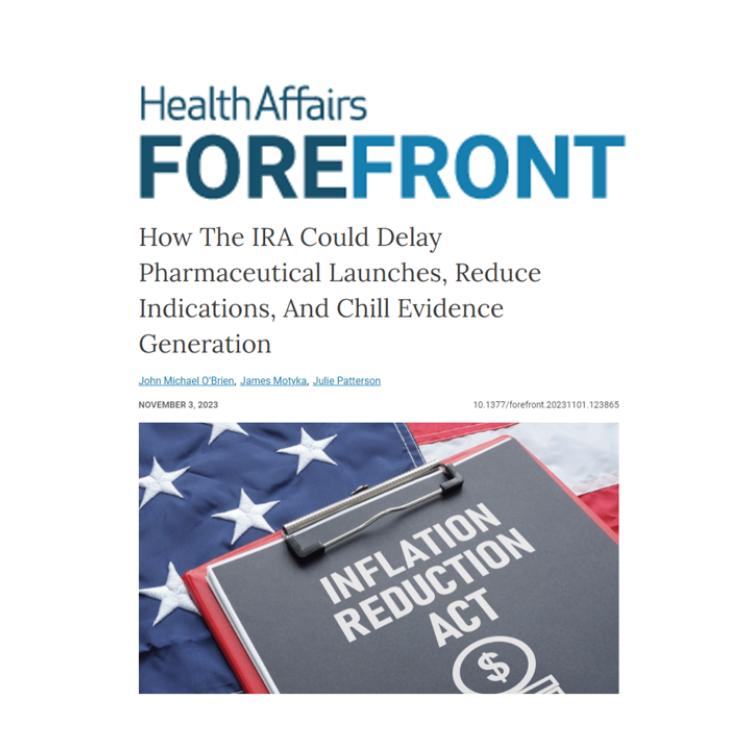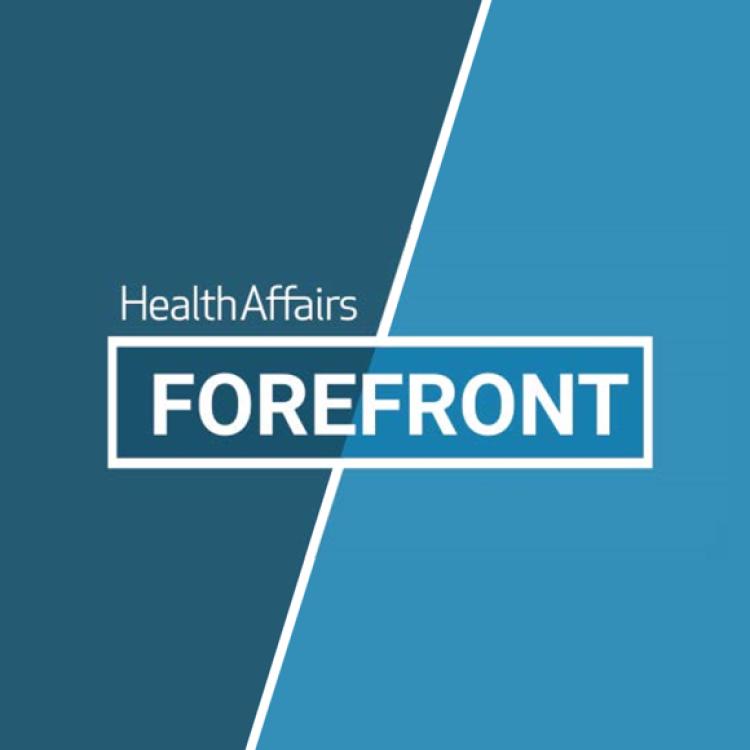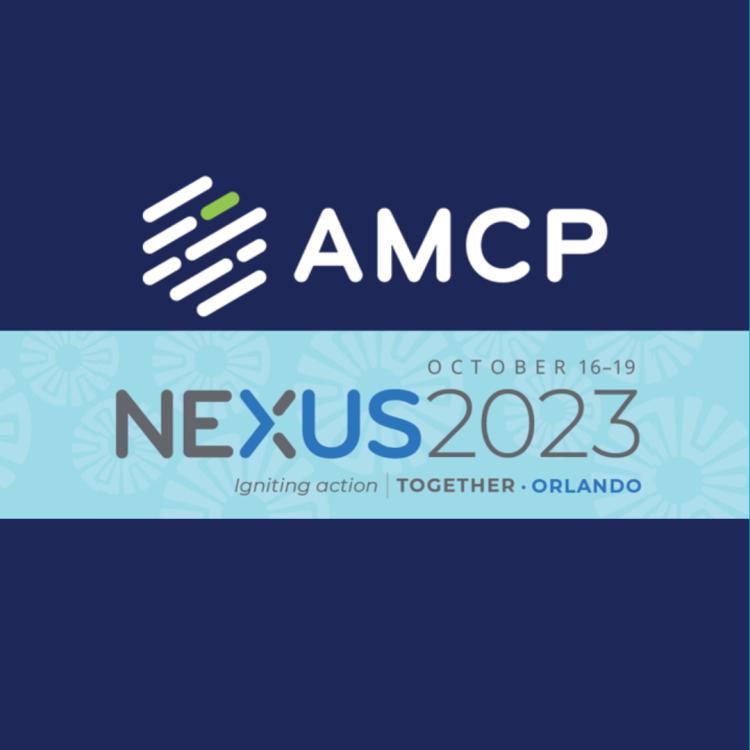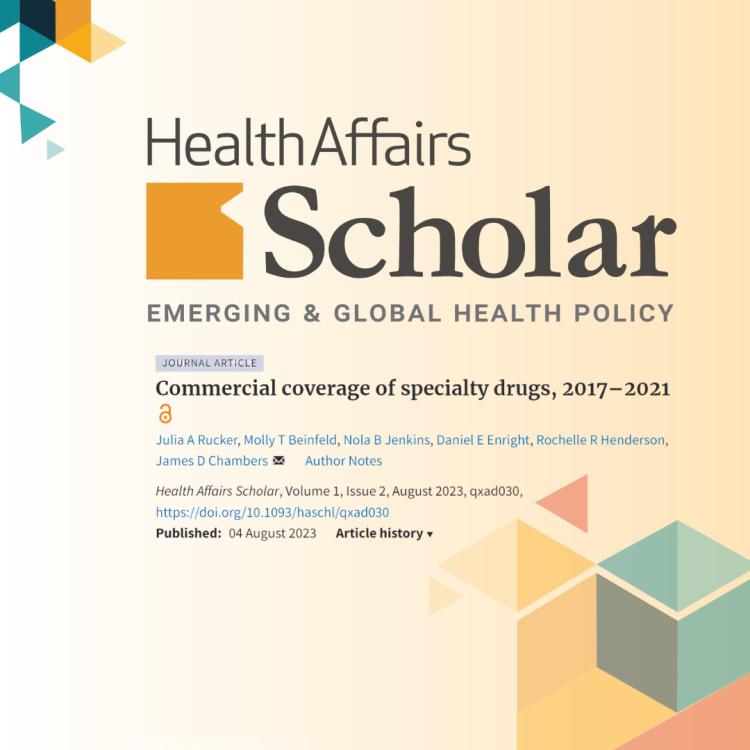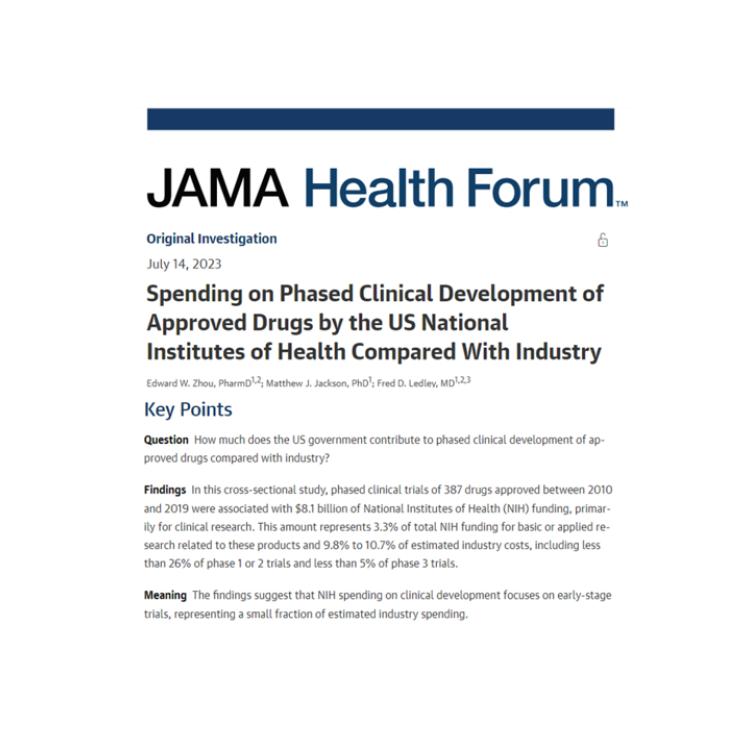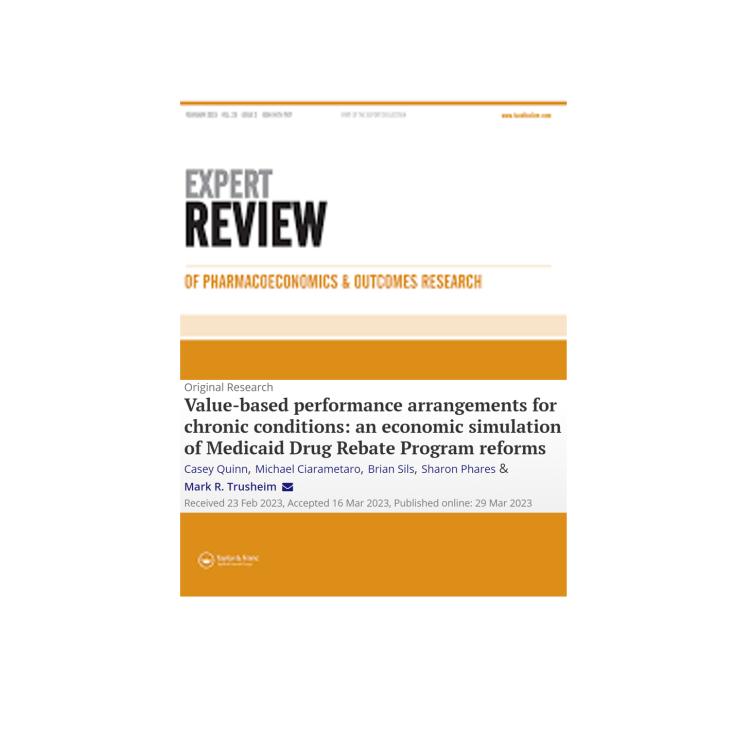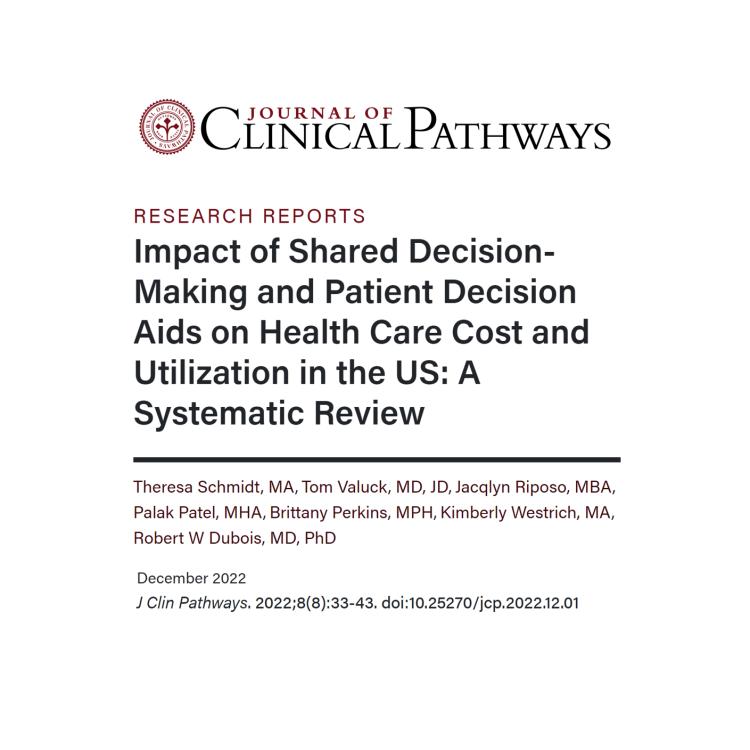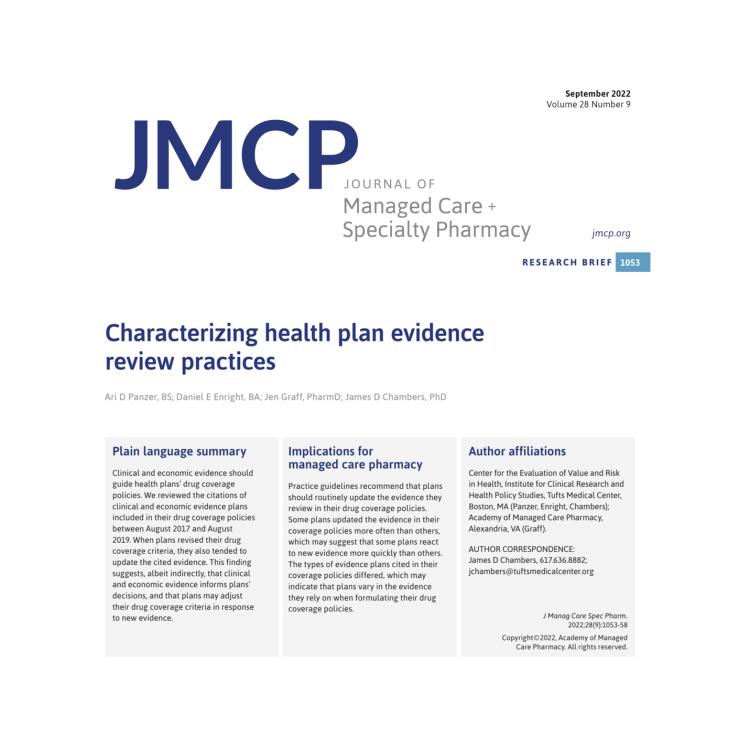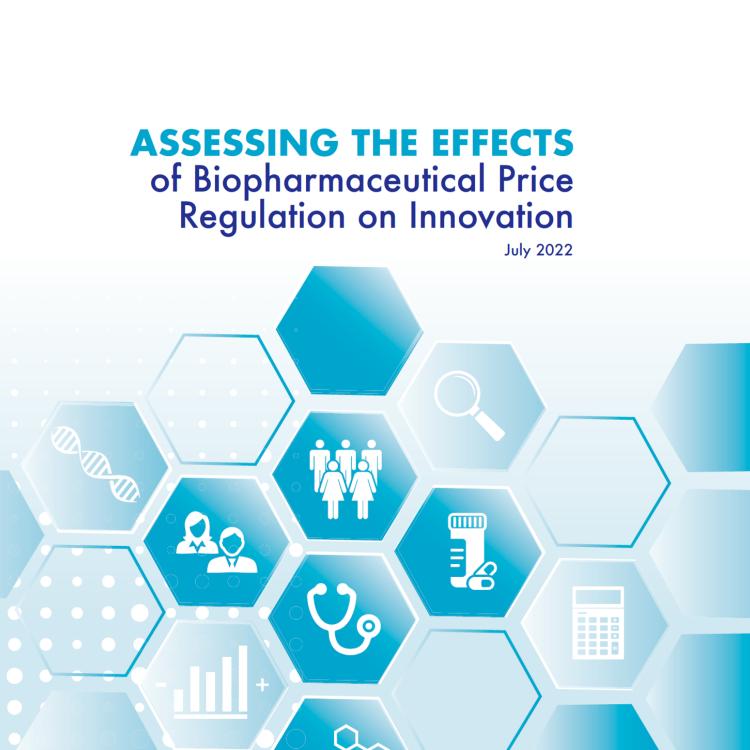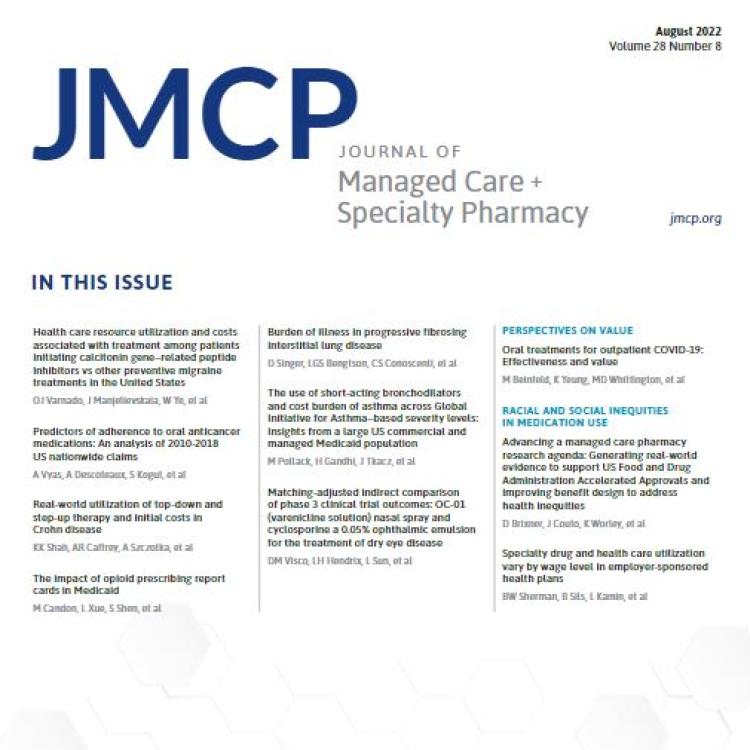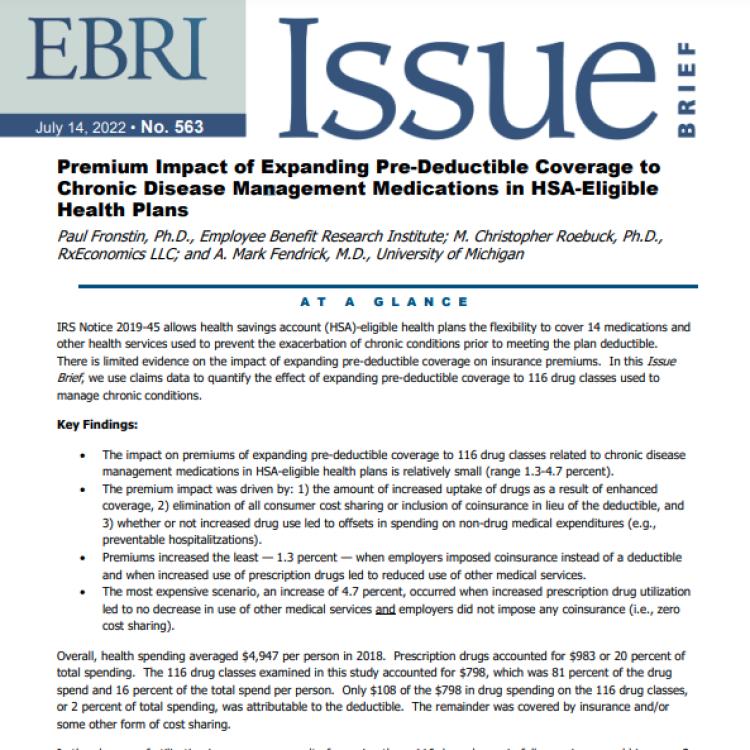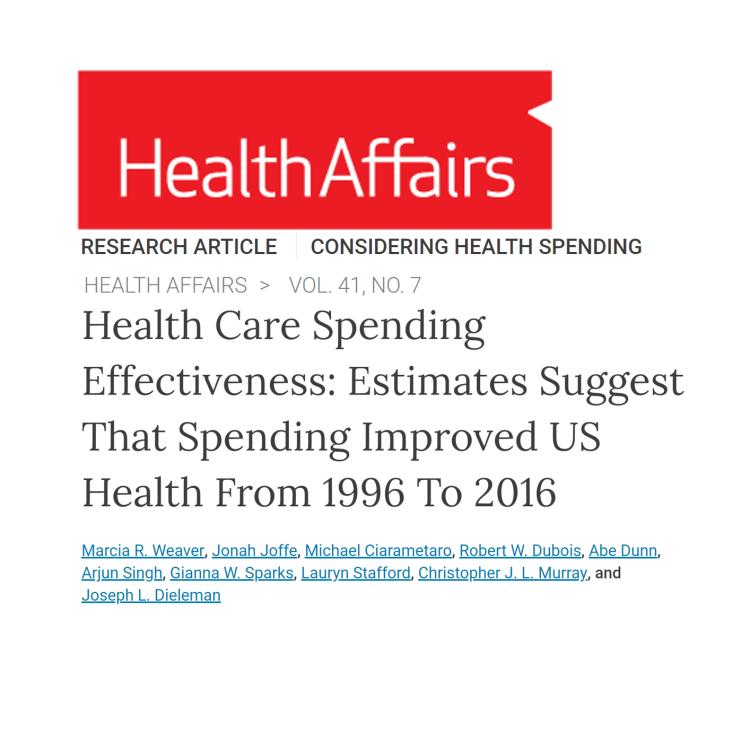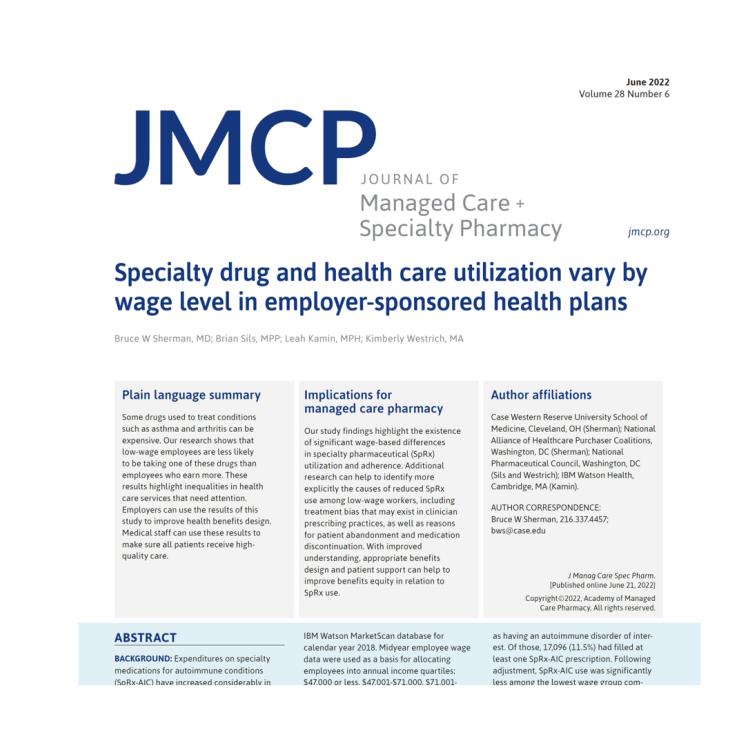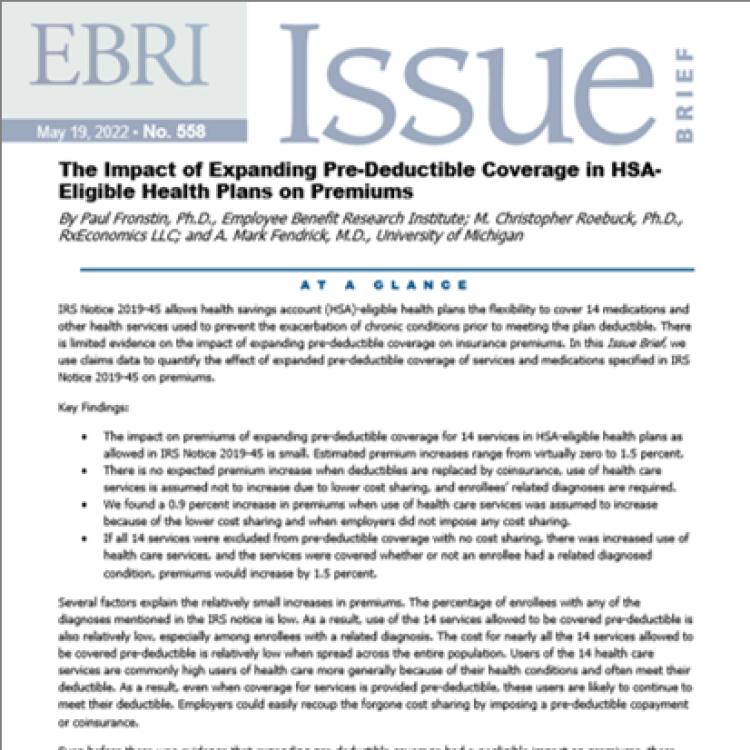Resources
The National Pharmaceutical Council (NPC) is a health policy research organization dedicated to the advancement of good evidence and science, and to fostering an environment in the United States that supports medical innovation.
Filter by:
Topic
Topic
- Accountable Care Organizations
- Alternative Payment Models
- Biopharmaceutical Innovation
- Clinical Pathways
- Elements of Value
- Evidence for Decision Making
- Formulary/Benefit Design
- Good Practices for Evidence
- Health Care Quality Measures
- Health Spending
- Health Spend Management
- High-Deductible Health Plans
- Impact on Outcome & Spending
- Individual Treatment Effects & Personalized Access
- IRA Implementation
- Pandemic Response
- Patient Cost Sharing
- Paying for Cures
- Pharmacy Benefit Managers (PBMs)
- Policy & Regulatory Barriers
- Real-World Data
- Real-World Evidence
- Regulatory Barriers & Challenges
- Understanding Health Spending
- Utilization Management & Step Therapy
- Value-Based Contracts
- Value-Based Insurance Design
- Value Assessment
- Value Assessment Frameworks
- Value Assessment Methods
Resource Type
Audience
Display Only
Showing 266 Results
Guiding Practices for Patient-Centered Value Assessment (2024)
NPC has updated its Guiding Practices for Patient-Centered Value Assessment. This update of NPC's guiding practices for US value assessment will help inform the growing importance of this tool to…
Spending on Phased Clinical Development of Approved Drugs by the US National Institutes of Health Compared With Industry
New study examines the role of NIH and industry in bringing new treatments into clinical settings.
Impact of Shared Decision-Making and Patient Decision Aids on Health Care Cost and Utilization in the US: A Systematic Review
Shared decision-making and patient decision aids may reduce costs or improve utilization but not consistently across settings and diseases, according to a new systemic literature review by…
Stakeholder perception of pharmaceutical value: A multicriteria decision analysis pilot case study for value assessment in the United States
Study shows the impact of a more holistic approach to assessing value and how it can help address gaps within conventional value assessment.
Characterizing Health Plan Evidence Review Practices
The study finds that some plans updated the evidence in their coverage policies for specialty medicines more often than others, and the type of evidence plans cited in their coverage policies…
Predictors of Adherence to Oral Anticancer Medications: An Analysis of 2010-2018 U.S. Nationwide Claims
Low-income Medicare patients who face high out-of-pocket costs are less likely to remain adherent to oral anticancer medications. This research shows the need for strategies to address adherence and…
Impact of Real-Time Benefit Tools on Patients’ Access to Medications: A Retrospective Cohort Study
Study finds the use of Real-Time Prescription Benefit Tools results in higher fill rates and lower cancellation rates.
Premium Impact of Expanding Pre-Deductible Coverage to Chronic Disease Management Medications in HSA-Eligible Health Plans
An NPC-funded study found the impact on premiums of expanding pre-deductible coverage to 116 drug classes related to chronic disease management medications in HSA-eligible health plans is small …
Health Care Spending Effectiveness: Estimates Suggest that Spending Improved U.S. Health from 1996 to 2016
This research assessed the effectiveness of U.S. health care spending by comparing changes in health outcomes and found that, overall, innovations in health care are creating more cost-effective care…
Specialty Drug and Healthcare Utilization Vary by Wage Level in Employer-Sponsored Health Plans
This research shows that low-wage employees are less likely use autoimmune medicines than employees who earn more despite a higher prevalence of autoimmune conditions in low-wage employees. These…
The Impact of Expanding Pre-Deductible Coverage in HSA-Eligible Health Plans on Premiums
Research found that expanding pre-deductible coverage under employer-led health plans would add few costs to health insurance premiums, while lowering costs for patients.
Health Care Spending Guiding Principles
NPC established a set of principles to assess health care spending estimates and policies to ensure alignment with the goals of patient-centered care.
